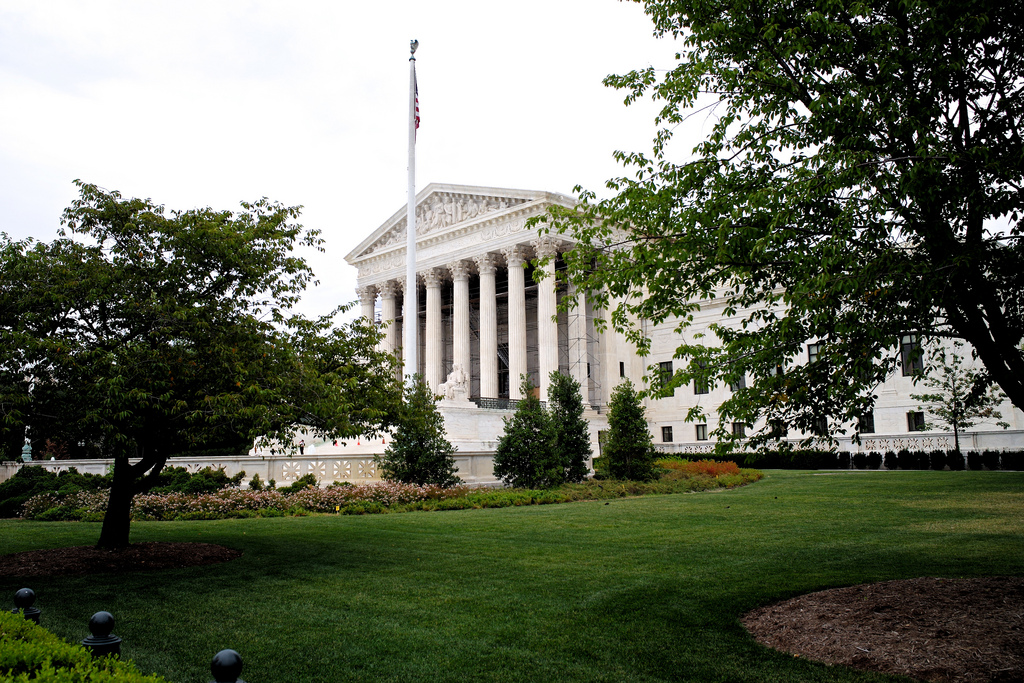By Kari Lutes, Contributing Writer
In November 2014, President Barack Obama issued an executive order which granted temporary legal status to some illegal immigrants. The order targeted parents of children who are citizens or lawful residents of the United States. To benefit from the order, immigrants must have children and have lived in the U.S. for at least five years before they can be granted legal status. In addition to these requirements, the parents of legal residents must register, pass a background check, and prove that they have paid taxes before they can be granted temporary legal status for three years. This would allow immigrates who are already living in the country to apply for work and other programs without fear of being deported.
Obama views the order as an attempt to distinguish families seeking a better life from criminals coming over the border. The order is aimed at families with the intention of allowing parents to work in the U.S. and provide for their children who are already citizens of America. The White House website, http://www.whiteouse.gov, refers to the order as “cracking down on the border” and “deporting felons not families.”
The order was widely opposed by the GOP and was challenged by a group of 26 states, led by Texas, in a federal court last year. Texas challenged the order as unconstitutional. The judge ruled in favor of Texas, blocking the order. In November, a year after Obama issued the order, the Obama administration made an appeal asking the Supreme Court to review the case. On Jan. 19, the Supreme Court agreed. The court will review the case and hear arguments on both sides before deciding if the president’s action is constitutional.
Both Democrats and Republicans approve of the Supreme Court taking the case. Republicans hope to see the action ruled against once more to stress the limits to the president’s power, while Democrats stand by the president and hope to see the order passed. Critics of the federal court’s ruling see blocking the action as forcing families to continue to find work illegally when they could otherwise seek an honest living and enjoy the benefits associated with legal work and pay.
The court will hear the case, known as United States V. Texas, in April and a decision will be expected by late June.


